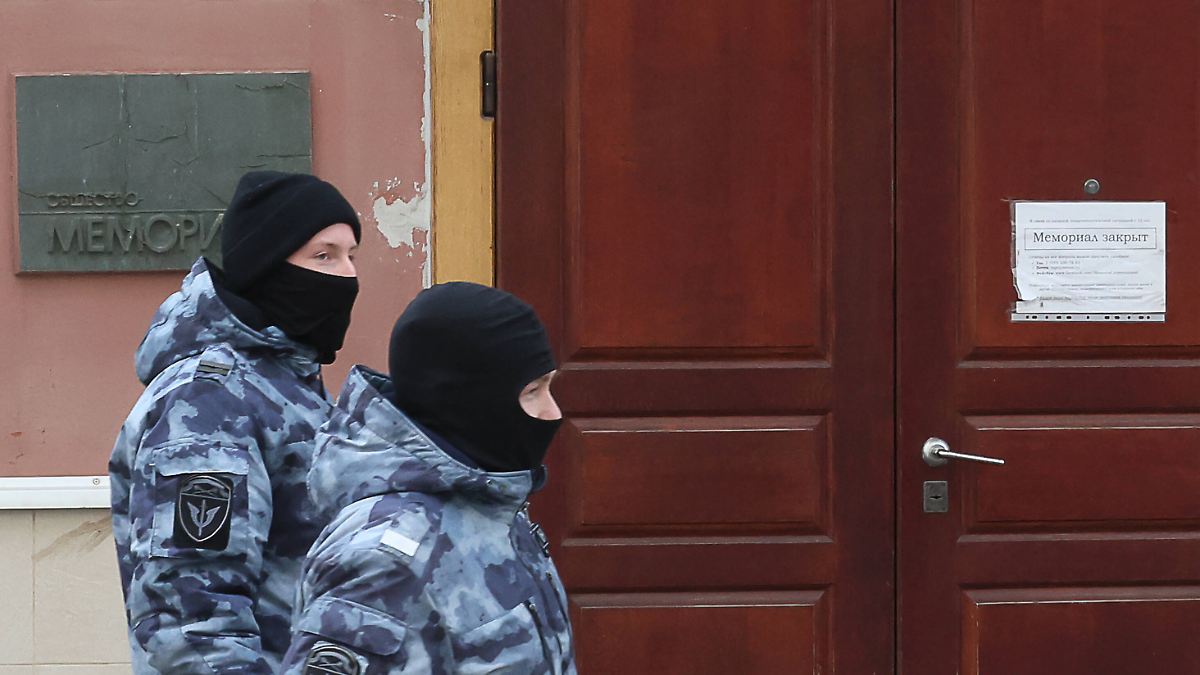Opponents are “foreign agents”
Russia is successful with branding
This audio version was artificially generated. More info | Send feedback
In war, it’s not just the hits at the front that count, but also how well propaganda works and how well people’s morale can be maintained. According to the British Ministry of Defense, Russia’s tactic of calling all government opponents “foreign agents” is working.
According to the British assessment, Russia has been successful with its tactics of branding critics, media and non-governmental organizations (NGOs) as “foreign agents”. “The measures significantly restrict the information space within Russia,” said the British Ministry of Defense. “This makes it increasingly difficult to express a point of view that deviates from the official line, including dissenting opinions on the war.”
The tactic is catching on among the population, it was said in London, citing a recently published survey by the Russian state opinion research institute WZIOM. According to this, 61 percent of those surveyed were of the opinion that they consider “foreign agents” to be “traitors” who spread lies about Russia. “The authorities are successfully using the term ‘foreign agent’ as a means of aligning public opinion with the state’s anti-Western and pro-war narratives,” the British ministry emphasized.
Anyone who is listed as a “foreign agent” in Russia must expect numerous disadvantages. The organizations, media and individuals on the register are subject to increased supervision of their finances. The classification is intended to fuel mistrust against them and make their work in Russia more difficult. NGOs complain that Russians are turning away for fear of being accused of collaborating with “foreign agents.”
Most recently, at the beginning of September, the Nobel Peace Prize winner and editor-in-chief of Novaya Gazeta, which was banned by Russia, Dmitri Muratov, was classified as a “foreign agent”. Russia’s judiciary brands both individuals and organizations with this widely criticized label. Many then fight for their existence because, for example, supporters, business partners and income disappear.




